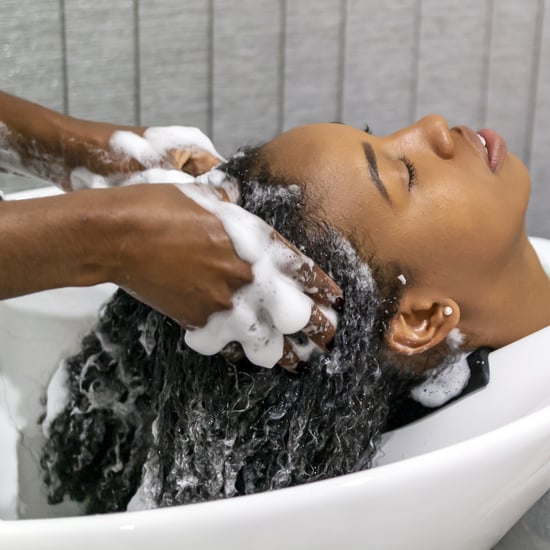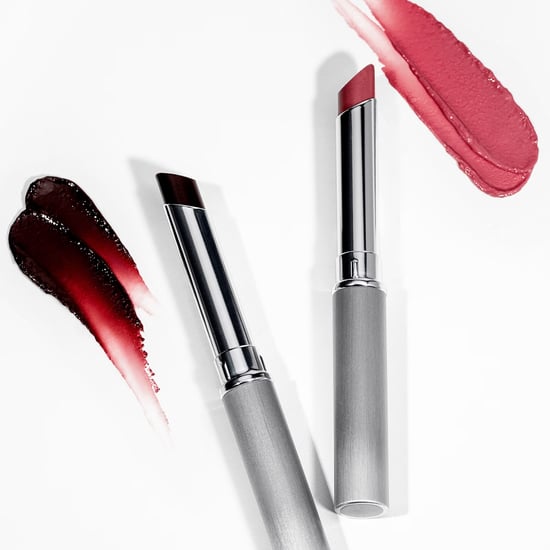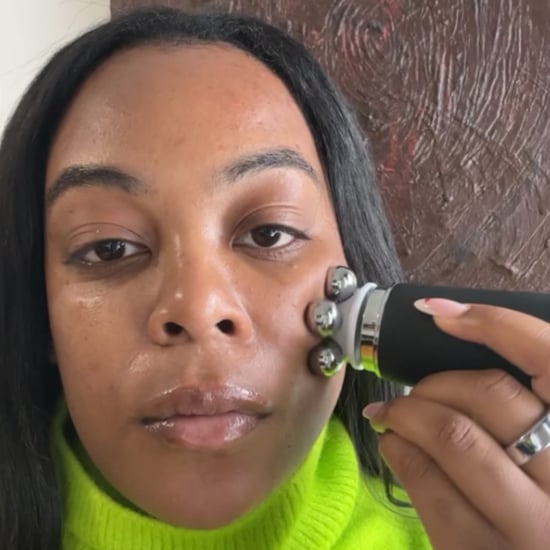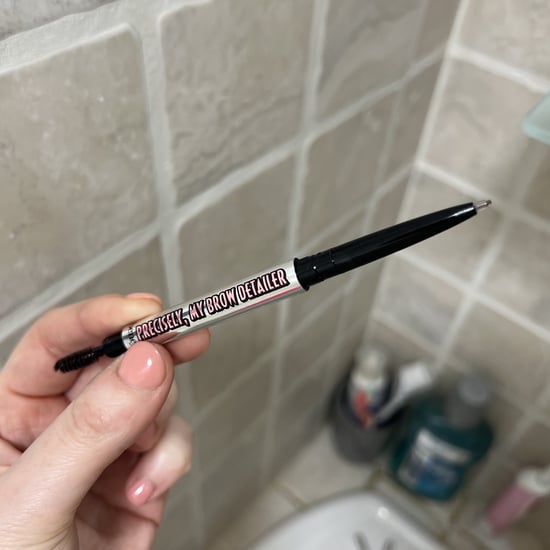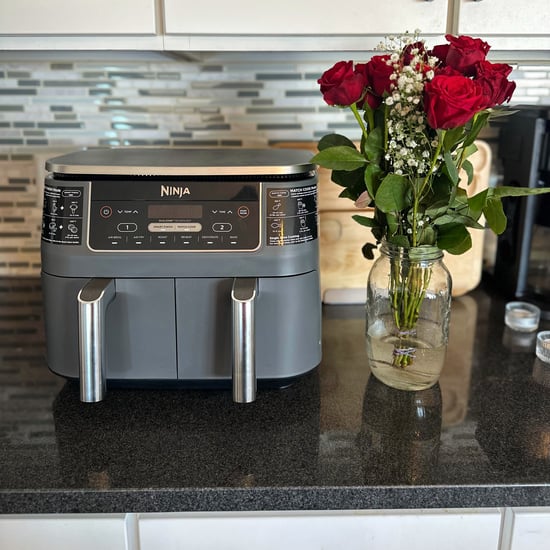Ramadan Skincare Routines For a Healthy, Hydrated Complexion
Want Plump, Hydrated Skin This Ramadan? We Speak to the Experts
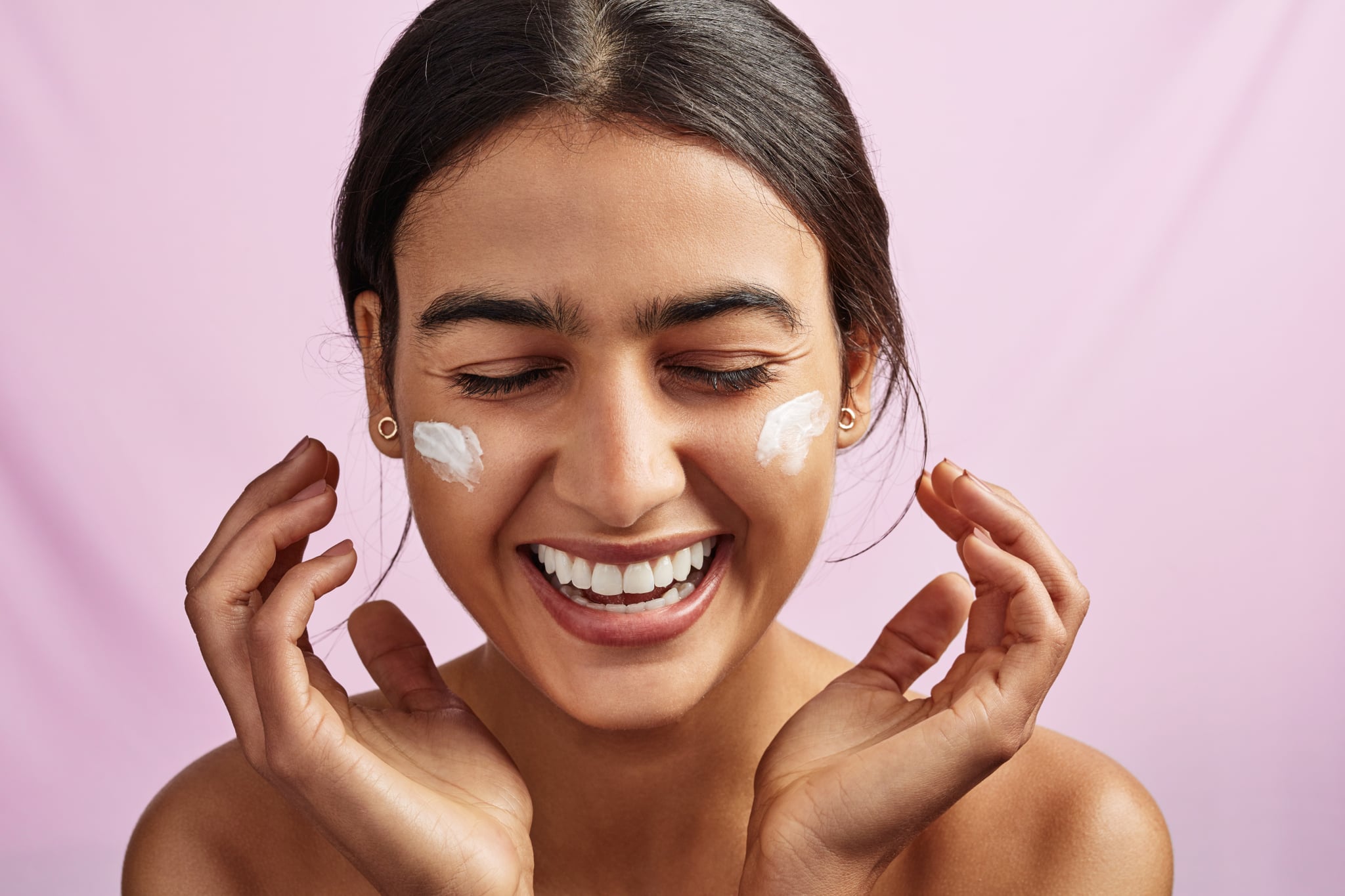
Image Source: Getty / LumiNola
Ramadan season is officially here, and for the 1.8 billion Muslims around the world, this means that the month of fasting has begun. Ramadan is not only about refraining from eating and drinking during daylight hours but is also a time to reflect, recharge, and reset our bodies and souls. It's a time to grow spiritually and reconnect with the religion whilst becoming more compassionate to those in need, through fasting, praying, and meditation. But what does this mean for our skin?
This year, the average fasting period in the UK will last up to 15 hours. Without sufficient hydration, this can have a lasting impact on our skin. With less opportunities in the day to drink water and eat at regular times, signs of dry and dehydrated skin will soon begin to appear. Celebrity skincare consultant, formulator, and founder of Skin Masterclass Cigdem Kemal Yilmaz tells POPSUGAR, "During the month of fasting, there is a sudden shift in what and when we eat, also taking into consideration that we also consume less water, less frequently. This can lead to a lack of skin moisture, making our skin appear dull and tired." Yilmaz explains why your skin may feel tight and at times irritated, and why signs of fine lines become more visible. When skin lacks moisture, this presents itself in a lack of radiance in the skin.
Yilmaz recommends that you continue with your skincare routine throughout the month of Ramadan, both morning and evening. "You are already doing major changes in your diet and sleep patterns, so also changing your skincare routine may totally freak your skin out. Add an additional hydrating product and ensure that your moisturiser contains a blend of humectants, emollients, and occlusives," she says. A staple in Yilmaz's Ramadan routine is the Medik8 Hydra8 B5 Intense Serum (£55). It's also recommended to use simple yet hydrating products such as the Cerave Hydrating Cleanser (£9.50).
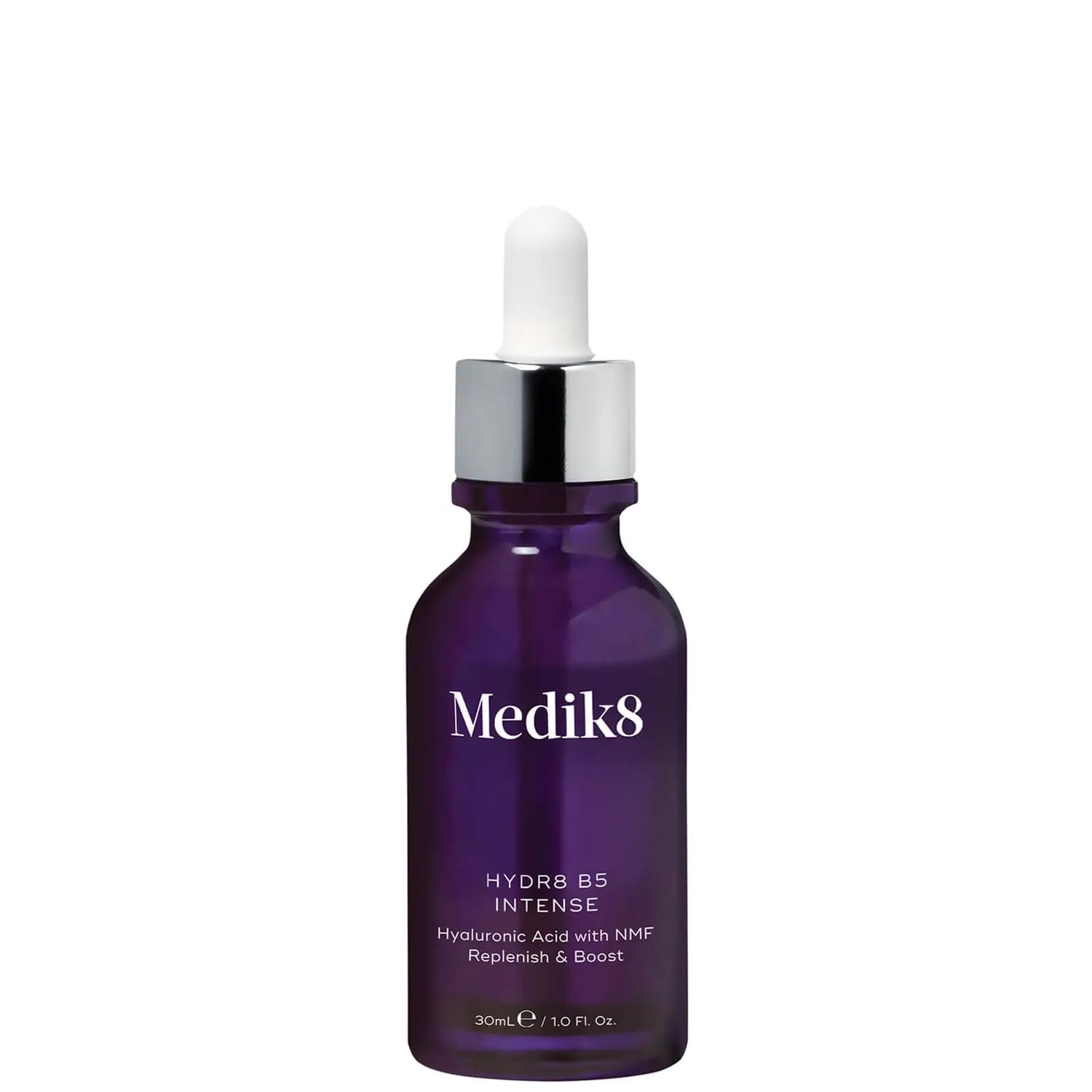
Image Source: cultbeauty.co.uk
But what about using actives? Can they help with reviving dull skin during this month? "You can totally use your actives," Yilmaz assures. "If you are thinking of starting an acid, start with lactic acid, which has the unique ability to improve the skin's natural moisturising factors while gently resurfacing dull, dry skin. I recommend the StriVectin Lactic Acid Nightly Retexturizing Serum (£48)."
In order to achieve a happy and healthy complexion, changes must be made that can benefit the skin from the inside out. Dr Ayah Siddiqi, Harley Street advanced aesthetic practitioner, known for her work in facial harmonisations, reminds us, "A balanced diet is necessary. You must find time to increase your water intake and reduce any excessive sugars." In the case of different skin types, there is indeed a difference between dry and dehydrated skin.
Dr Ayah explains, "Dehydrated skin is a temporary condition that can happen to anyone: dry and oily skin can both lose too much water and become dehydrated. During fasting, this can be through washing multiple times (with prayers) and generally poor diet and reduced water intake. Dehydration can also happen from a weakened skin barrier where the top layers of your skin are having difficulty slowing down the evaporation of water (technically known as transepidermal water loss or TEWL)."
So how do we tackle dry and/or dehydrated skin? Dr Ayah recommends a simple routine starting with The Inkey List Oat Cleanser (£11) to keep the skin clean of dirt and grime, and a hyaluronic acid serum like Skinceuticals H.A. Intensifier Serum (£90) to layer the hydration back into the skin, followed by the Apothaka Barrier Support Serum (£24) to ensure that the skin barrier is protected.
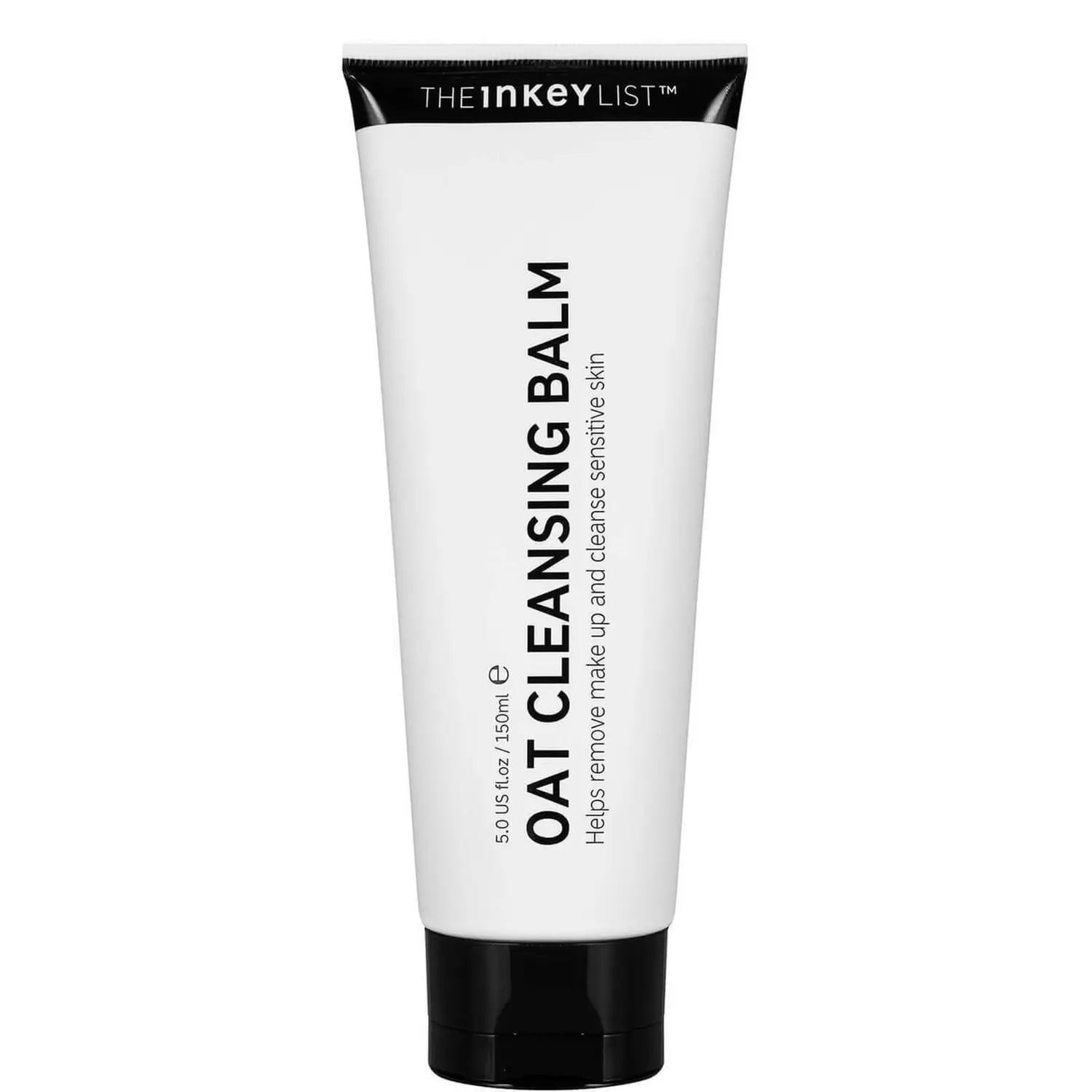
Image Source: cultbeauty.co.uk
As someone with blemish-prone skin, Ramadan dehydration triggers my breakouts so I end up with two skin issues to deal with. However, rather than go in with acid-heavy formulas to zap my blemishes, I choose the calm and gentle approach. My logic is, if I tackle the dehydration, then my skin will harmonise and the blemishes will subside. My Ramadan skincare routine starts with a nourishing and gentle cleanser by Paula's Choice. The Skin Recovery Cleanser (£22) is suitable for very dry skin and removes my makeup and grime without stripping my skin's moisture barrier, leaving it plump and nourished. I follow this up with lashings of one of my facial mist. Top tip, I like to use a mist several times a day to give my skin that drink of hydration that it needs.
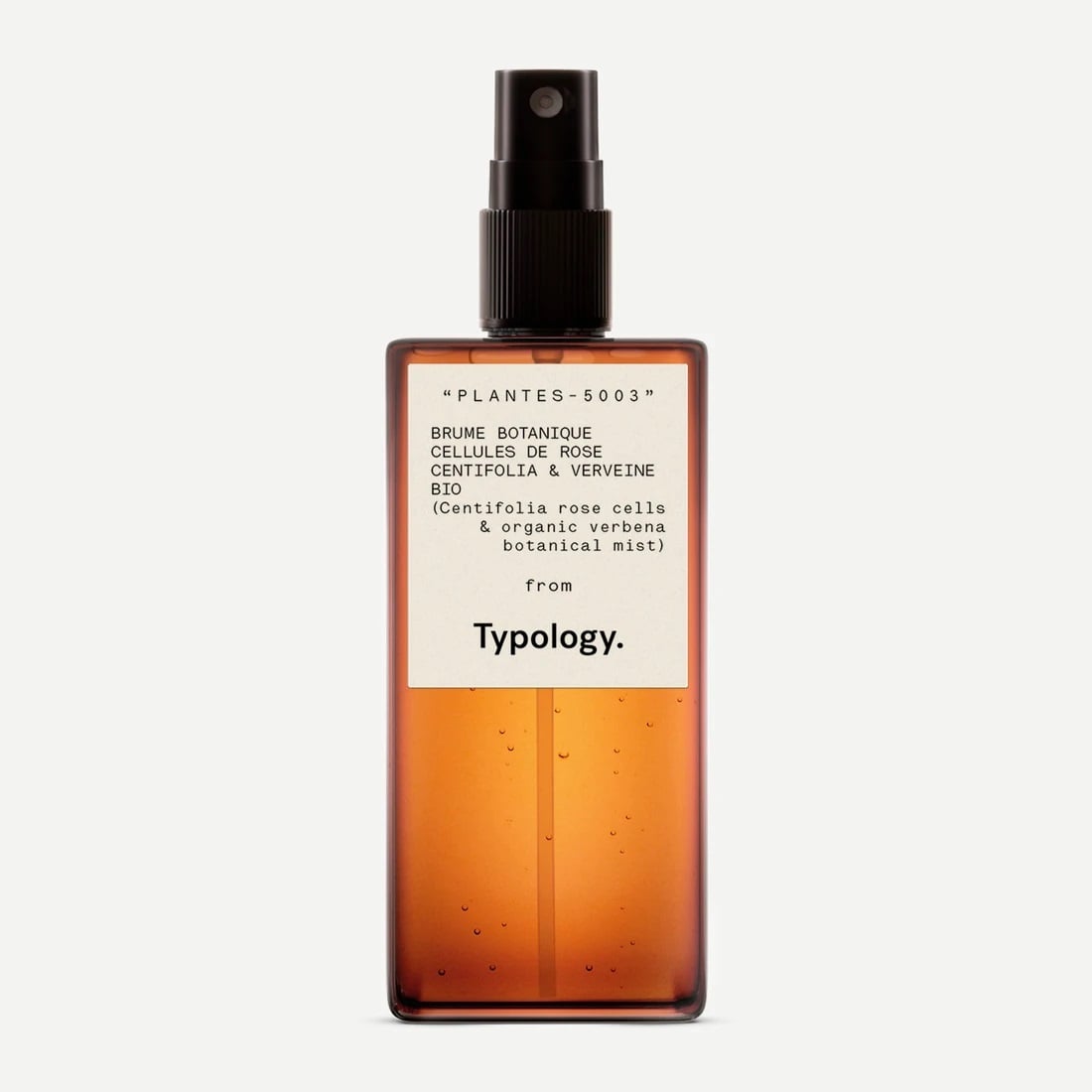
Image Source: uk.typology.com
During the month of Ramadan, I like to use multitasking products, and my serum of the moment is the Kelsey Farms Morn to Eve Global Protection Concentrate (£80) formulated to fortify and hydrate the skin. It gives your skin an injection of radiance, and my skin truly does look and feel healthier as a result. My moisturiser of choice is a luxury purchase, but I love the Allies of Skin Peptides & Antioxidants Firming Daily Treatment (£108). This unique and supercharged treatment boosts the production of collagen, prolonging the health of the skin and resulting in radiant, beautiful, and healthy skin.
No routine is complete without appropriate lip care. Especially with the lack of water in Ramadan, my lips suffer the worst from dryness. I cannot be without my Summer Fridays Lip Butter Balm (£21). It's a lip balm that actually treats the skin whilst hydrating for hours. Finally, and most importantly, you must continue to wear SPF during the month of Ramadan. Sun damage on top of the dryness and dehydration will only cause more damage, so ensure that you are using a top-of-the-range SPF — for me, that's the Thank You Farmer Sun Project Water Sun Cream SPF50 (£18).
